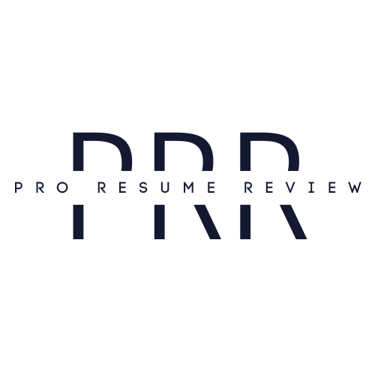So You Got Your First Office Job—Now What?
New to office life? Start here.


You did it! You landed the job. After the applications, interviews, and endless refreshing of your inbox, you’ve officially got a spot on the team—whether that means a desk, a Slack login, or just your name in the group chat.
Now comes the weird part: figuring out how office life actually works.
If this is your first time working in a traditional office (or hybrid setup), you might have questions like:
“Does anyone eat lunch at their desk?”
“What am I supposed to wear?”
“Do I need to send a thank-you email when someone shows me how to use the printer?”
Totally normal. Here’s a quick, judgment-free guide to what you might not be told—but definitely want to know.
First, What Even Is Office Culture?
Office culture = the workplace vibe. It’s how people interact, how decisions are made, and what the day-to-day flow feels like. Some teams are super laid back (think: memes in the group chat and hoodies all day). Others lean more professional and formal. Most fall somewhere in between.
You won’t know everything on day one—and you’re not expected to. Your best bet? Observe and ask. A few things to notice:
Do people call each other by first names, or titles like “Ms. Smith”?
Are meetings structured and serious, or more chill and chatty?
What’s the tone in emails and messages—short and casual, or detailed and formal?
If you’re not sure, just ask:
“Hey, I’m still getting used to everything—anything I should know about how things usually go around here?”
What Should I Wear?
Dress code is a big question mark for a lot of people starting out. If you weren’t given any specific info, play it safe: go one step more polished than you think is necessary. Not red carpet, not gym clothes. Clean, simple, and comfortable works.
Once you’ve scoped out what your coworkers wear, you can adjust. (Pro tip: Zoom meetings count—notice what folks wear on camera too.)
And don’t assume “casual Friday” means sweatpants unless you’ve seen it for yourself.
What’s Up With Lunch?
Lunch can be weird when you’re new. Do people take a full break? Eat while working? Leave the building?
Here’s how to handle it:
Watch what others do and follow the vibe
Ask your manager something like: “When’s a good time to take lunch here?”
If there’s a break room, be respectful: label your food, clean up after yourself, and go easy on strong smells (sorry, tuna lovers)
If someone invites you to lunch, go for it! It’s a great way to connect. But solo lunches are totally fine, too.
How Do I Learn the Rules?
Most companies give you an HR packet or employee handbook. Yeah, it might seem boring—but it answers a ton of questions, like:
How to request time off
When your workday starts and ends
What to do if you’re sick
Who to talk to about tech, supplies, or support
Bookmark it. It’ll save you later.
What If I Need Something to Do My Job Better?
Whether it’s a standing desk, screen reader, or flexibility for health reasons—you have the right to ask for what you need. It’s called a reasonable accommodation, and it’s handled privately through HR.
You don’t have to overshare. Just say what helps you do your best work.
How Do I Get Around the Office?
Some helpful things to ask in your first week:
How do I enter the building?
Where’s the bathroom (seriously)?
Are there meeting rooms I can use—and how do I book them?
Getting the lay of the land (physically and digitally) helps you feel more confident fast.
Last Few Tips
Say hey.
A quick “Good morning” goes a long way.
Take notes.
You’re going to learn a lot—jot it down.
Don’t pretend to know everything.
Ask questions! People actually like helping new folks.
Be kind to yourself.
Everyone was new once, even your boss.
TL;DR: Your first office job is a huge milestone, and it’s okay not to know all the answers right away. Keep your eyes open, ask questions, and give yourself space to learn. You’ve got this.
Hey New Grads — Ready to Nail Your Next Interview?
Download 5 Interview Tips Every New Grad Should Know — FREE Guide Here!
Learn what recruiters actually want to hear—and how to prep smarter without burning out.
